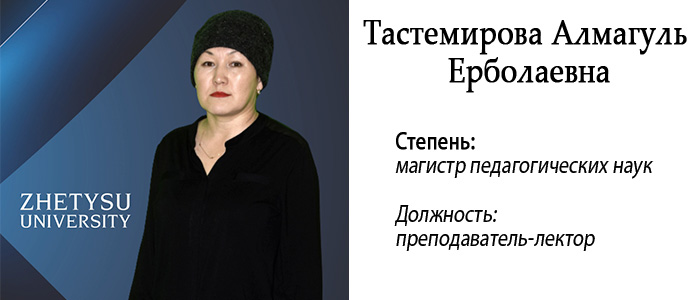
Brief description of discipline
The discipline “History of the country of the studied language” consists of the following sections: «Old English»;– «Middle English»;– «New English.», «Variations of English». Practical study of a foreign language by a future specialist in the field of linguistics is inextricably linked with the study of theoretical questions of the history of the development of the language. It is necessary to familiarize students with basic concepts and patterns of language evolution, stages the development of the English language, as well as the state of its phonetic, grammar and lexical systems at each stage -Old English, Middle English and Early New English. Future a linguist should be familiar with passages from the most famous written monuments in Old English, Middle English and Early New English, must be able to analyze language forms and syntactic constructions, must trace the evolution of the spelling system.
Purposes and results of the discipline
Upon completion this course students must demonstrate through classroom discussions and exams an enhanced understanding:
1. Historical background of Old English.
2. Features of the Old English grammar, phonetics and dialects
3. Characteristics Middle English grammar, phonetics and dialects.
4. Historical background of new English and factors affecting standardization of English.
5. Transformation of English from synthetic grammatical structure to analytical one.
6. American and Australian variant of English.
Outcomes
After completing the subject students will also be able to,
1. Determining the impact of the event on the English language in the historical process.
2.Work with historical data and literature.
3. analyze the influence of historical background on development of English
4. evaluate how English synthetic grammatical structure transformed into analytical.
5. explain the reasons that cause alterations in a language system
6. gain practical experience of working with references